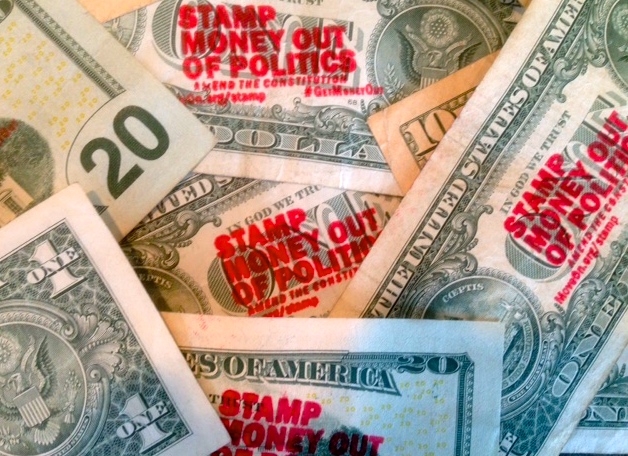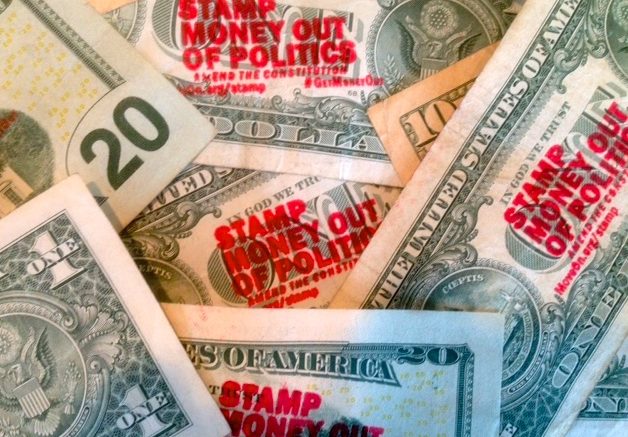
By Russ Feingold
The Guardian (11/8/17)
Russ Feingold: hen powerful lobbyists work hard over the coming weeks to convince Republican lawmakers to change their tax package to please them, it would probably be of interest to know exactly how much campaign cash these so-called stakeholders and their industries have given or spent in recent years for the members of Congress who are writing tax laws.
But because federal disclosure laws need to be updated, it’s probably too difficult to ever really know the complete answer.
An opaque system of legalized bribery and legalized extortion is not an outrageous way to characterize the state of our nation’s federal campaign finance laws.
Over the past few years, real campaign finance reform has gone the way of voting rights and gun control. There is no longer a bipartisan starting point where discussion and negotiation could begin. The Republican party has caved in to its right flank and put party interests ahead of the country’s.
Ronald Reagan and George W Bush both renewed the Voting Rights Act during their tenure. Now Republicans would not think of undermining their strategy of voter suppression. Background checks on gun purchases used to be a basic bipartisan middle ground. Now, even those are controversial, and are characterized by powerful lobbies like the gun manufacturers or the NRA as “liberals trampling over the second amendment.” The same lack of common ground is the case for campaign finance reform.
There’s an urgent need for reform for disclosure of how much money mighty political lobbyists are giving law makers who are writing relevant tax legislation.
Billionaire Robert Mercer is on record as giving about $41m to federal campaigns over the past 10 years, but the reality we see clearly now in the recently released Paradise Papers is that it would be impossible to know the full amount of dark money Mercer or any other billionaire has funneled into conservative causes and white supremacist outlets – which all act as arms of the causes and various Republicans they support.
Avoiding paying taxes and sending millions of dollars into the electoral system to advance a hate-filled agenda in secret is not a patriotic way to achieve common ground.
The Bipartisan Campaign Reform Act of 2002 – also known as McCain-Feingold – passed the Senate with 11 Republicans supporting it, and it passed the House with 41 Republicans supporting it.
Working with my friend John McCain was an honor and a privilege, and for seven years we stuck together – committed to working with each other and many others to pass a bipartisan reform. (I used to joke that many people started to think my first name was McCain!)
And when the law was enacted by Republican President George W Bush, he said: “I long have believed that complete and immediate disclosure of the source of campaign contributions is the best way to reform campaign finance.”
Disclosure of campaign-related contributions used to be a minimum standard on which everyone could agree. But, since 2002, the supreme court issued its horrible ruling on Citizens United, and the Republican party sold out to dark money. Now, the Republicans’ only goal with campaign finance is opening the floodgates as wide as they possibly will go and, sadly, many Democrats have a childish “everybody does it” approach and mistakenly think they can compete with conservative funders.
All hope is not lost, however. …
(Commoner Call photo by Mark L. taylor, 2017. Open source and free to use with link to www.thecommonercall.org )

